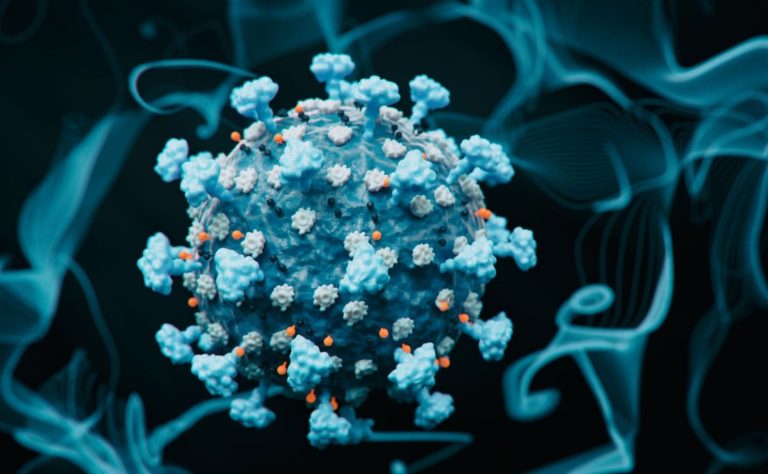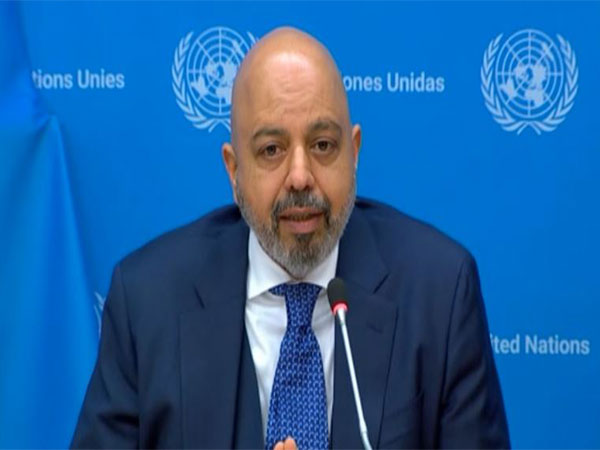WHO says JN.1 COVID strain a ‘variant of interest’, poses low risk

The World Health Organization (WHO) on Tuesday classified the JN.1 coronavirus strain as a “variant of interest” and said current evidence shows risk to public health was low from the strain.
At least two experts said that while the strain can evade the immune system and transmit more easily than other currently circulating variants, it has not shown any signs of more severe disease.
While there might be more cases with the variant, JN.1 doesn’t pose a greater risk, said Andrew Pekosz, a virologist at the Johns Hopkins Bloomberg School of Public Health.
JN.1 was previously classified a variant of interest as part of its parent lineage BA.2.86, but WHO has now classified it as a separate variant of interest.
WHO said current vaccines will continue to protect against severe disease and death from JN.1 and other circulating variants of the COVID-19 virus.
Meanwhile, India has issued an advisory, stressing the need for sustained vigilance and collective efforts to address the evolving challenges posed by the pandemic. The advisory follows the detection of the first case of the new JN.1 variant in the country.









